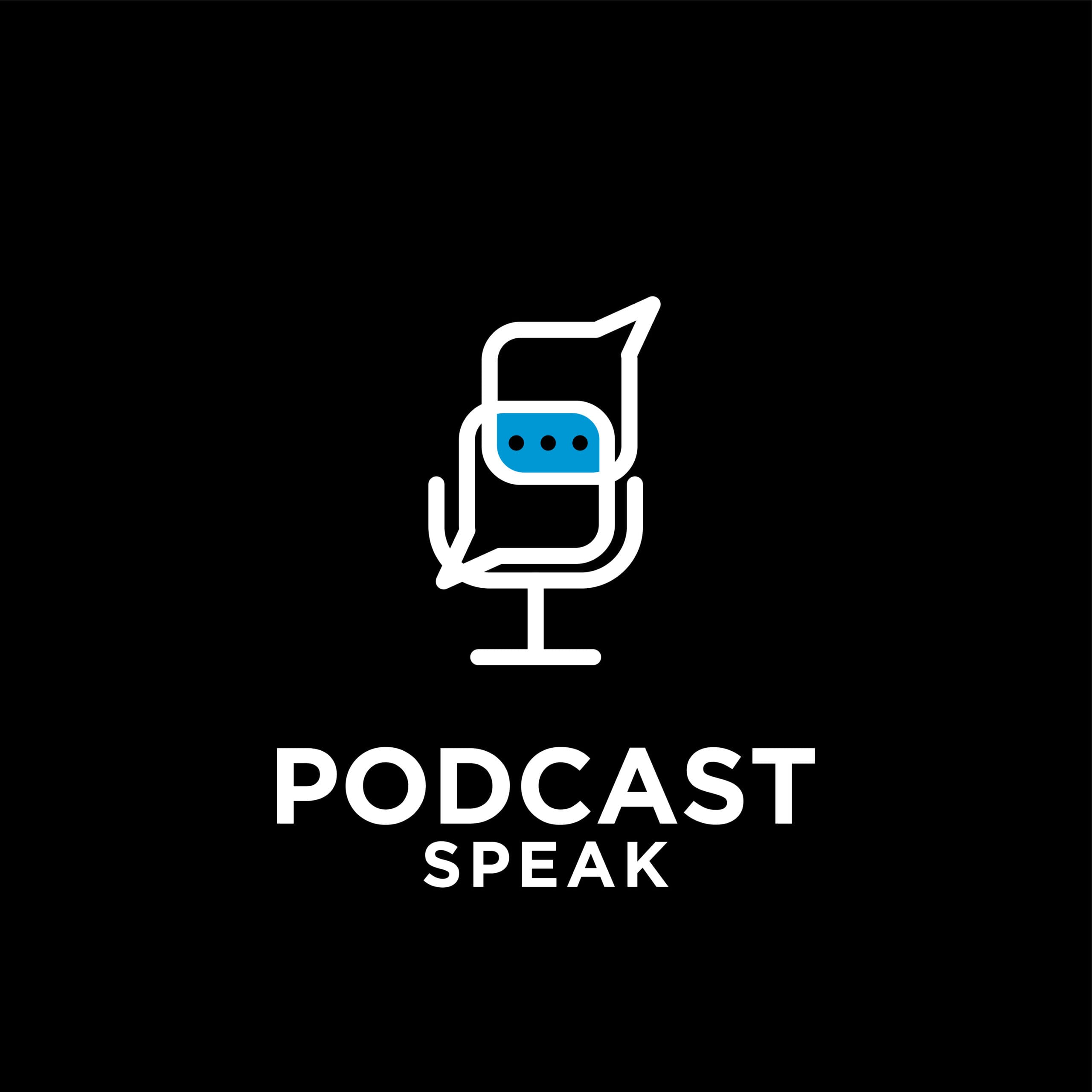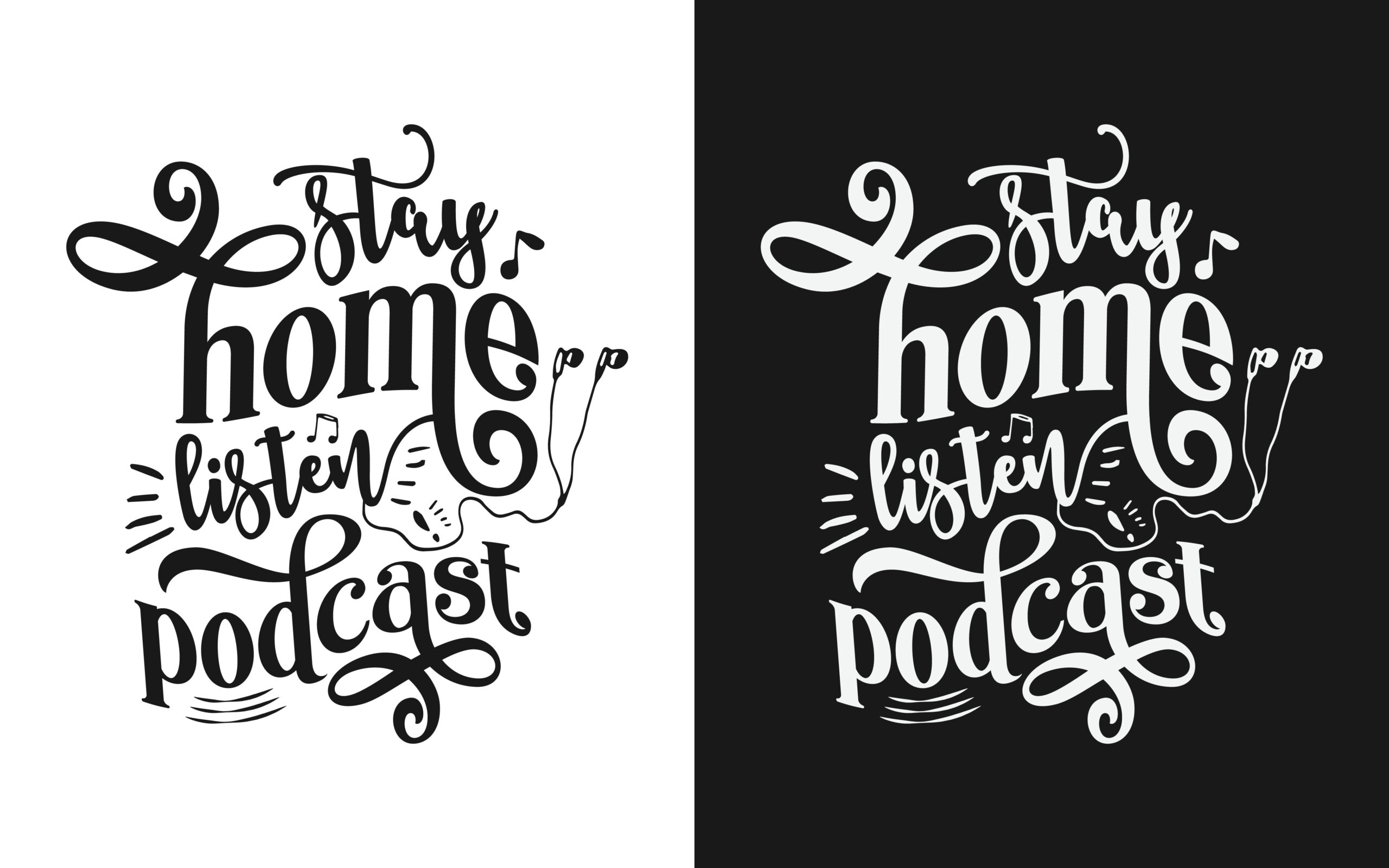
Before podcasts gained popularity, businesses used newsletters, emails, and social media to interact with people. However, some people prefer listening than reading as it’s easy to follow through with the conversations. Because of this preference, podcasts became a growing trend in communication as businesses and individuals use them to reach out and promote themselves to customers.
Podcasts work where a speaker records a speech or a session which is then send it out to people to listen like they would a radio. However, it’s easier to establish a podcast than it is to establish a radio. As a result, people have taken the initiative to create podcast brands.
How To Create A Podcast Brand
Even though establishing a podcast may seem simple, maintaining it and creating a brand out of it isn’t easy. It needs some level of commitment to get through with it, which, unfortunately, not everyone does. Having a successful podcast doesn’t stop at creating merchandise with reputable companies, such as Printful and many others found online. Your podcast is your business and should be run how you would like a business.
Here are some of the helpful tips on how to run a podcast brand:
- Focus On Your Audience
Your audience is an essential part of your podcast. You speak to them and they listen to you. Therefore, you need to create content for them. First, you need to know the group of people you’re targeting. For example, if you want your podcast to be about entrepreneurship, your target audience will be start-up owners.
Secondly, you can identify their lifestyle, their needs, and what they want to know. You can achieve this through customer journey mapping–where you collect data from them so you’ll know the type of message to create. Finally, after you’ve determined the type of audience, try to be specific as much as possible. Narrow down and deliver precisely what they want.
By focusing on what your customers want, you’ll be sure to give them the best experience, which will help boost your brand. The key is identifying what they want, then giving it to them.
- Promote Your Podcast
One of the best ways to promote your brand is through fellow podcasters. If you can, invite other people to come and talk in your show. When they come, they’ll mention their podcasts, and they can find listeners from your customer base. They’ll then invite you to their shows, where you’ll talk about your brand and make new listeners. This is a form of free and mutual advertising.
Other methods include recording and posting a podcast video, publishing show notes and boosting your online content, and paid promotions on social media. Do note that utilizing free tools can help you cut down the cost of paid adverts.
- Be Consistent
When creating podcast messages for your audience, you’ll likely start on a high note. After some time, burnouts can kick in and you’ll lose motivation, which can significantly affect your brand. People want consistency in what you’re doing–the energy, the schedule, and the content.

You can start by having specific days in a week where you’ll have your show. This way, people know when to search for your podcast. For example, if they expect you to have a show on Monday, then you miss or reschedule without informing them, you’ll lose most listeners. In addition, your content should be consistent. Knowing your target audience can help you achieve this. By being consistent, people can quickly identify your brand.
- Build Long Term Relationships
When creating a podcast brand, one of the most important goals is building brand awareness and creating a long-term relationship with users. You have to make your show the go-to option for people who want to listen to something on a particular niche. Building this relationship is relatively easy; as long as you do it properly.
You can start by creating engaging content for your listeners. This will help keep your audience engaged for longer periods. In each episode, you can refer them to the other episodes you feel are helpful. If you’ve published the notes, you can add do-follow links to other episodes. This helps tie down visitors to your podcast and website, creating a long-term relationship.
Conclusion
You should treat your podcast brand like any other business brand. It should focus on the users’ needs and addressing the issues they face. Your audience needs to find what they’re looking for in your show; if it’s not there, then create it.
By following these steps, you’ll be able to boost your brand, create awareness, and have a long-lasting relationship with your audience.





